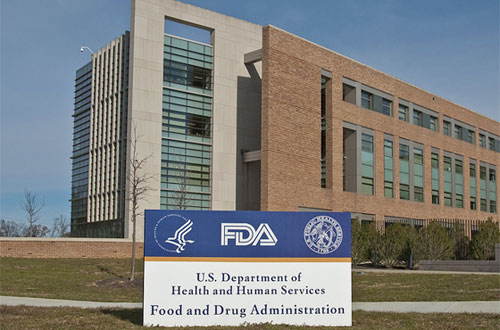
Akcea Pharma has moved a step closer to commercialising Waylivra, a drug for rare disorder familial chylomicronemia syndrome (FCS), after an FDA panel voted in favour of approval.
The green light was certainly not assured, as FDA reviewers raised questions about the safety of Waylivra (volanesorsen) in a briefing document published ahead of the meeting, particularly some steep reductions in blood platelet counts (thrombocytopenia) among patients treated with the antisense agent.
Nevertheless, the advisory committee voted 12 to eight in favour of approval, which the company said reflected the “critical need” for an FCS drug treatment. The FDA is now due to deliver a judgment by 30 August. The verdict was likely swayed by passionate testimony from FCS patients and doctors who care for them, who were rapturous after the result.
The rare lipid disorder causes extremely high levels of triglycerides in the blood – typically 10 times higher than normal – which in turn cause a range of symptoms including severe pain and acute pancreatitis, which can sometimes be life-threatening.
There are no approved treatments and drugs such as fibrates or niacin that can usually help control high triglycerides are ineffective, so the only management available is a strict, lifelong diet low in fat, carbohydrate and alcohol. Given that a teaspoonful of olive oil is about all people with FCS can safely consume, its unsurprising that two-thirds can’t adhere to the regimen and still suffer pancreatitis attacks.
The panel considered the effect of the drug on fasting triglyceride levels, a biomarker accepted by the FDA as being clinically relevant in FCS, and said that on the basis of clinical trial data the drug was clearly effective by that measure. Waylivra-treated patients saw levels reduced 77% over a three-month period, with an average 18% drop for the placebo group.
It spent a lot of time discussing the risk of thrombocytopenia and the proposed labelling for Waylivra, which proposed monitoring of platelet levels at least every two weeks for the duration of treatment, but concluded on balance that the benefits of the drug outweighed its risks.
Thrombocytopenia is a recognised side effects with antisense drugs. The FDA had been particularly concerned by some serious declines in patients on Waylivra, although these resolved after the drug was discontinued.
The agency doesn’t have to follow the panel’s advice, but the chances of approval – with a risk evaluation and mitigation strategy (REMS) in place – now look increasingly likely, although it remains to be seen if the safety issue holds back the drug commercially.
“The data, including results from two phase three clinical trials, demonstrate clear improvement on several important measures of disease in these patients. We believe that these results provide strong support to make Waylivra available to treat people with FCS,” said Paula Soteropoulos, chief executive of Akcea.
“We look forward to working with the FDA to complete the final stages of regulatory review for Waylivra,” she added. “We are committed to the FCS community and will continue to focus on bringing Waylivra to people suffering with this devastating disease.”
Earlier this week, Akcea, a subsidiary of Ionis, announced that it would be expanding its global early access programme (EAP) for volanesorsen to the US.




